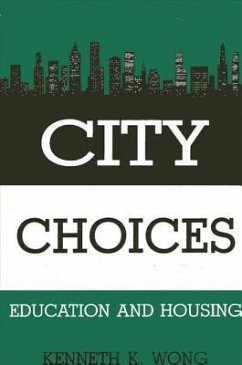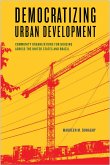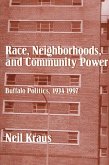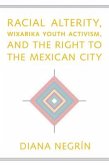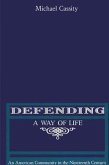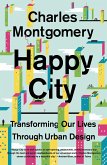City Choices argues that both economic concerns and political factors can be synthesized in a new framework in city policymaking. This synthesis is based on a systematic empirical study of policymaking in two large cities. Using numerous governmental documents and conducting extensive interviews with local, state, and federal officials, the author examines how the two cities have implemented both federal redistributive and development programs in education and housing. The author uses three models in explaining city choices: "economic constraint"; "clientele participation"; and "institutional diversity" and concludes by offering his "political choice" perspective, which identifies specific sets of local political forces that are likely to alter the city's rational choices in development and redistributive issues.
Hinweis: Dieser Artikel kann nur an eine deutsche Lieferadresse ausgeliefert werden.
Hinweis: Dieser Artikel kann nur an eine deutsche Lieferadresse ausgeliefert werden.

